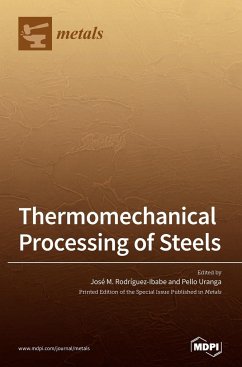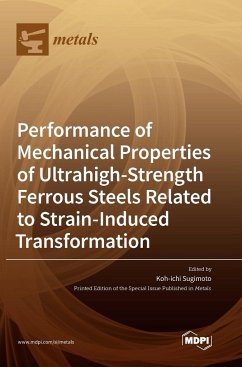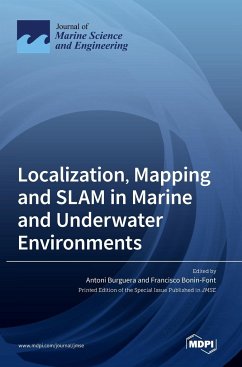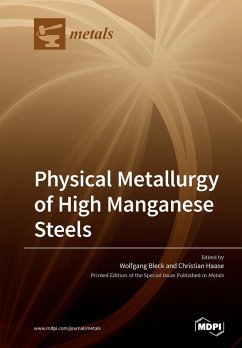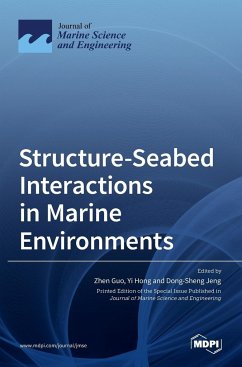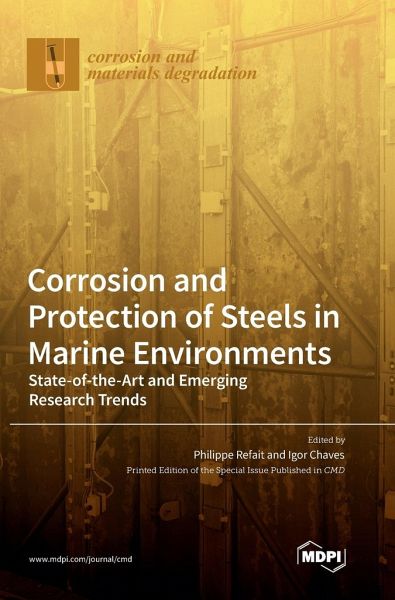
Corrosion and Protection of Steels in Marine Environments
State-of-the-Art and Emerging Research Trends
Versandkostenfrei!
Versandfertig in 1-2 Wochen
73,99 €
inkl. MwSt.

PAYBACK Punkte
37 °P sammeln!
Marine corrosion is a very ancient topic, as humankind has, since antiquity, struggled with the corrosiveness of seawater to exploit the countless and essential natural resources of the sea. It is also a broad topic because it combines chemical, biological, and mechanical factors. Among the numerous materials used for marine applications, iron-based alloys (i.e., steels) are essential in various industrial domains such as (of course) the naval industry (ships, submarines, etc.), the energy industry (pipelines, offshore platforms, renewable energy devices, etc.), and buildings (seaport structur...
Marine corrosion is a very ancient topic, as humankind has, since antiquity, struggled with the corrosiveness of seawater to exploit the countless and essential natural resources of the sea. It is also a broad topic because it combines chemical, biological, and mechanical factors. Among the numerous materials used for marine applications, iron-based alloys (i.e., steels) are essential in various industrial domains such as (of course) the naval industry (ships, submarines, etc.), the energy industry (pipelines, offshore platforms, renewable energy devices, etc.), and buildings (seaport structures, bridges, steel reinforcement in concrete, etc.). Marine corrosion is still an issue to this day, and the recent and necessary development of marine renewable energy devices has motivated innovative research. Currently, complete mastery of corrosion issues is a key aspect in the profitability of produced energy. Simultaneously, the requirements for environmentally friendly anticorrosion methods and processes are clearly expressed. Numerous fundamental and recent advances in marine corrosion and protection of steels, including carbon steel, low alloy steel, and stainless steel, can then be noted. This Special Issue is necessary to acknowledge the recent and sudden increase in the understanding of steel corrosion processes in marine environments and the associated optimization of anticorrosion methods. Last but not least, a large part of our cultural heritage lies at the bottom of seas and oceans, and it will definitely be lost if scientific research does not include current and historical concerns as well.





